RUSAL alone produces 21 percent of the world's low-carbon aluminum. In 2017, RUSAL established the ALLOW brand in order to raise awareness of low-carbon aluminum and started selling its products under this name, issuing certificates for each product it sells.
"We meet 98 percent of our electricity needs from hydroelectric power plants"
Stating that they use hydroelectric energy to produce low-carbon aluminum, RUSAL Turkey Director İhsan Kösoğlu said, "14 thousand kilowatt hours of electricity is needed to produce 1 ton of aluminum. The important thing here is how you obtain electricity. You can get it from coal, natural gas or hydroelectric power plants. We meet 98 percent of our electricity needs from hydroelectric power plants. Therefore, the aluminum we produce is classified as low-carbon aluminum. In 2017, we established the ALLOW brand to raise awareness of low-carbon aluminum and started selling our products under this name. We also give certificates to every product we sell.
In other words, when each of our customers buys aluminum from us, they document the carbon footprint of the aluminum." Stating that RUSAL has been Turkey's largest supplier of unprocessed aluminum and aluminum wire rod since 2000, Kösoğlu said, "Our average market share was around 40 percent for 23 years."
Low carbon aluminum is very important for sustainability
Touching on the importance of low-carbon aluminum in terms of sustainability, Kösoğlu said, "If the amount of carbon emitted to nature to produce 1 ton of aluminum remains below 4 tons, the aluminum produced is 'low-carbon'. As RUSAL, our current average is approximately 2.6, while the world average is 9. In other words, RUSAL emits less than one third of the world average carbon emissions for every 1 ton of aluminum production. The use of low-carbon aluminum is extremely important in terms of reducing carbon emissions in sectors that use aluminum intensively.
The two sectors with the highest aluminum use are solar energy and automotive. These two sectors will need 14 million tons of additional aluminum in the next 10 years. This shows how critical low-carbon aluminum is for reducing carbon emissions in the world.
The importance of the ALLOW brand produced by RUSAL will increase even more
Explaining why the manufacturing sector should prefer low-carbon aluminum, Kösoğlu said: "The European Union, especially after the Paris Agreement, aimed to reduce 55 percent of carbon emissions by 2030 and to zero by 2050.
As of January 1, 2026, a carbon mechanism will be activated for all products exported to Europe. Taxation will also occur according to the amount of carbon emissions. If the amount of embedded carbon in the material you produce is high, you will be subject to a tax.
Since the aluminum produced especially in the Middle East, China and India is produced with energy obtained from coal and natural gas, the amount of carbon emissions here is very high. For this reason, the importance of the ALLOW brand produced by RUSAL will increase even more. After 2026, we expect demand for this low-carbon product to increase even more. As a result, the use of low-carbon aluminum is in line with these regulations and helps companies achieve their sustainability goals."


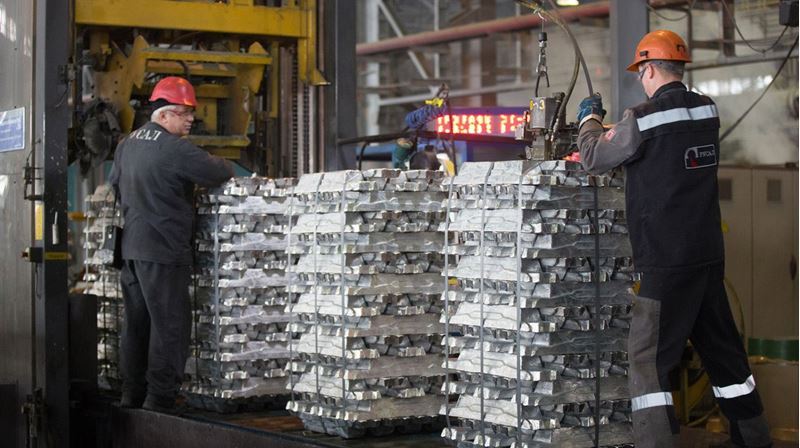
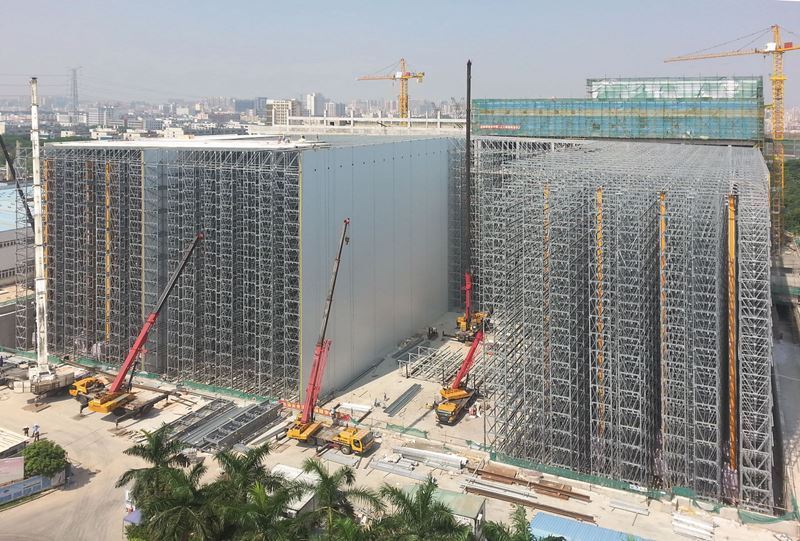
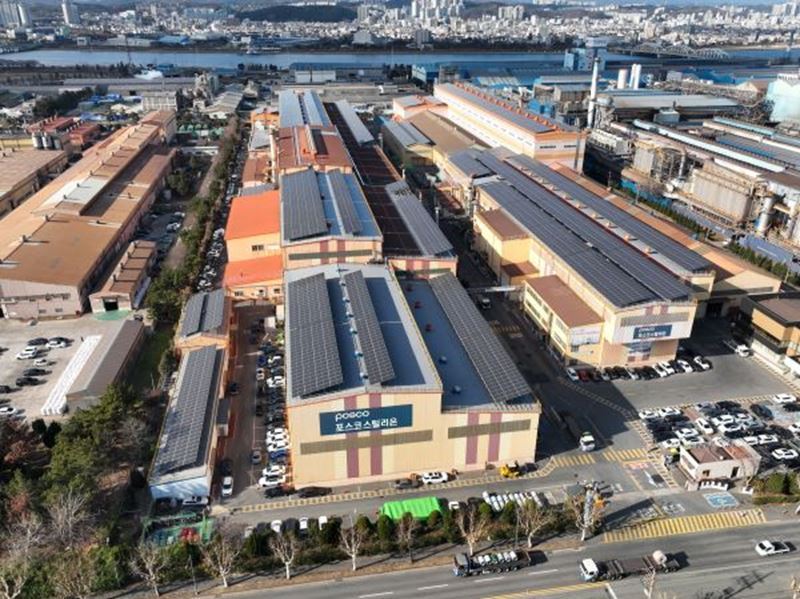
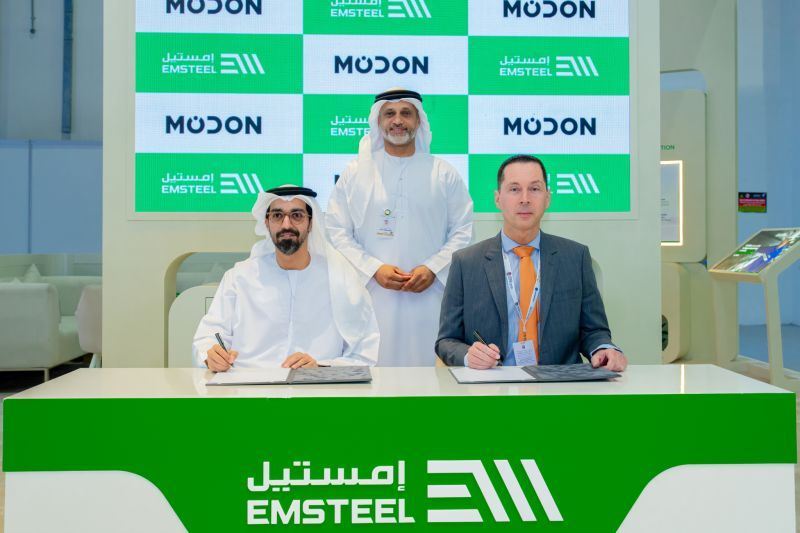
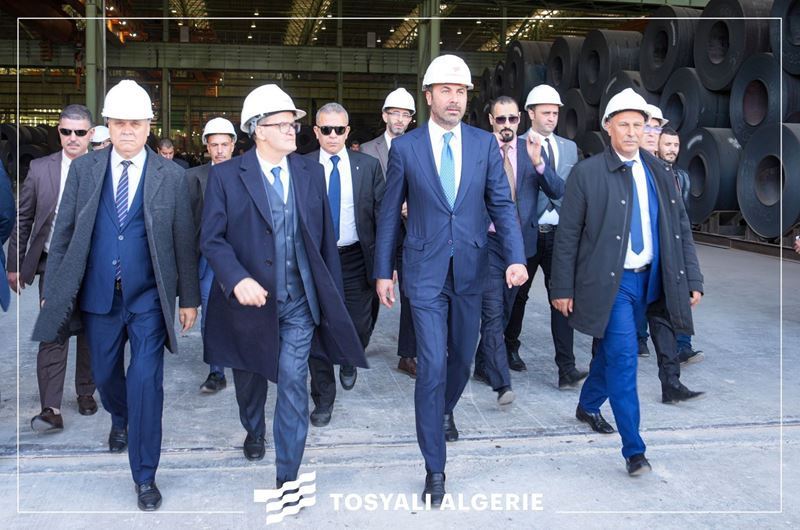
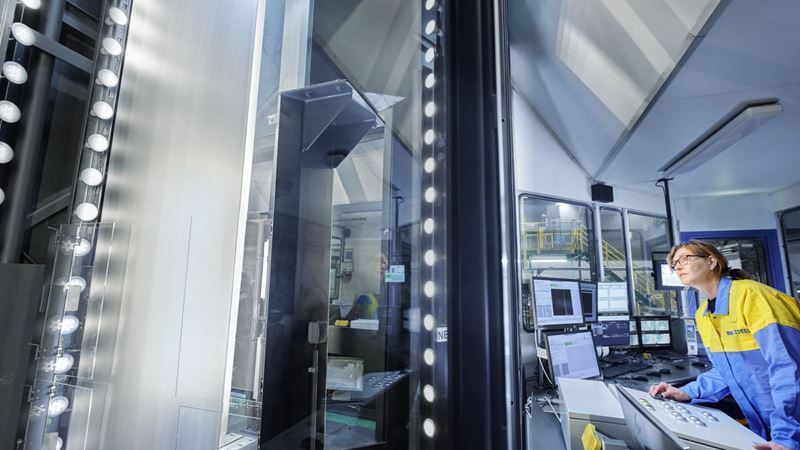


Comments
No comment yet.